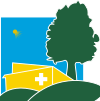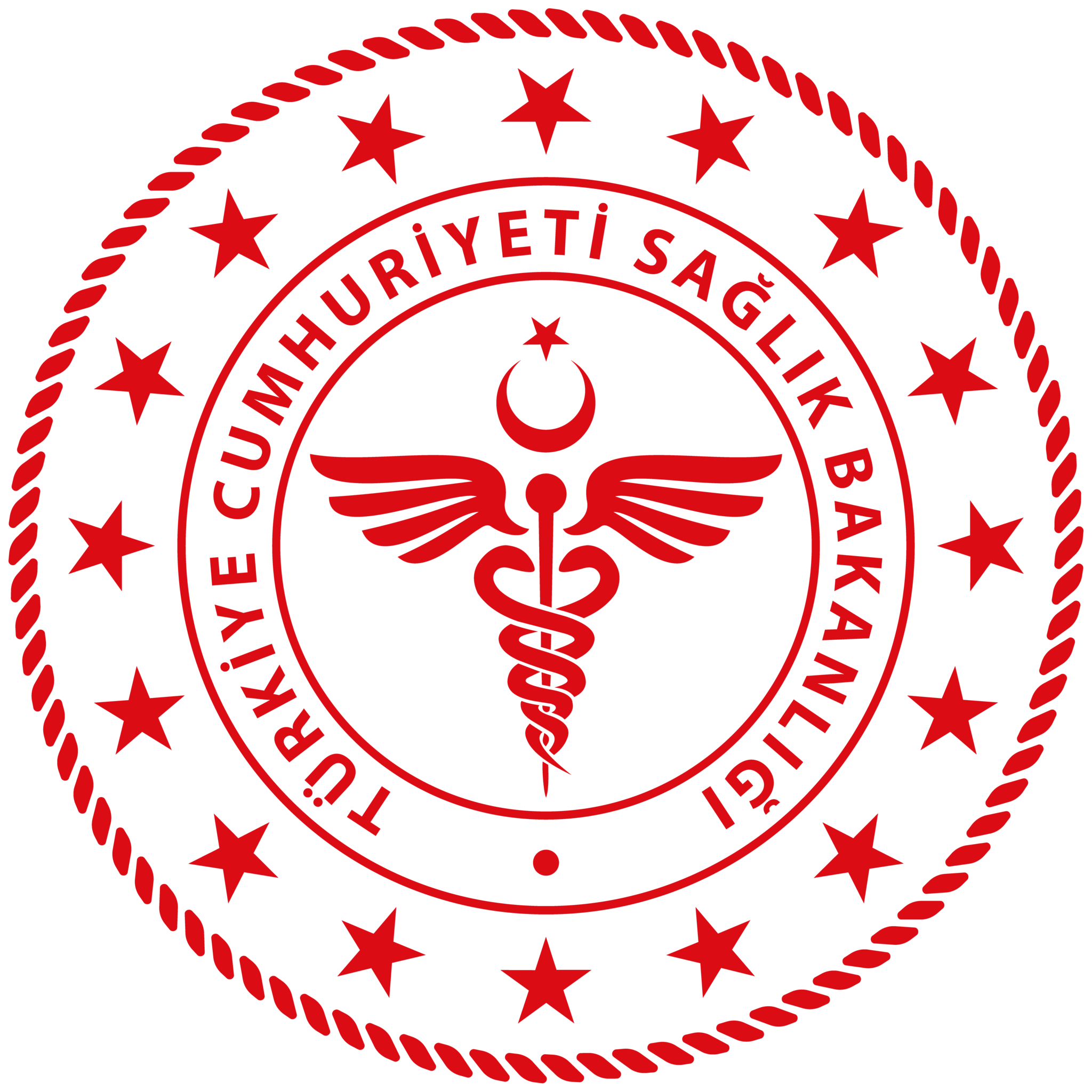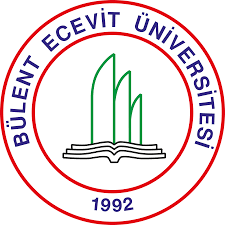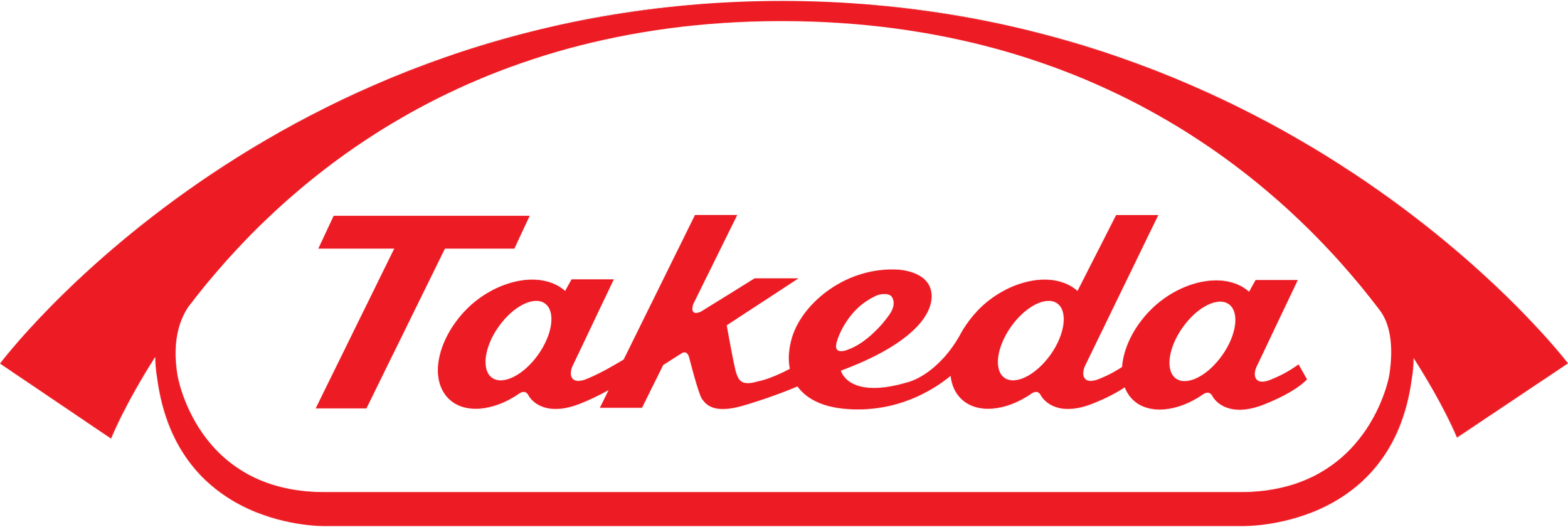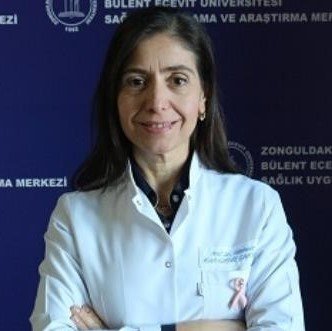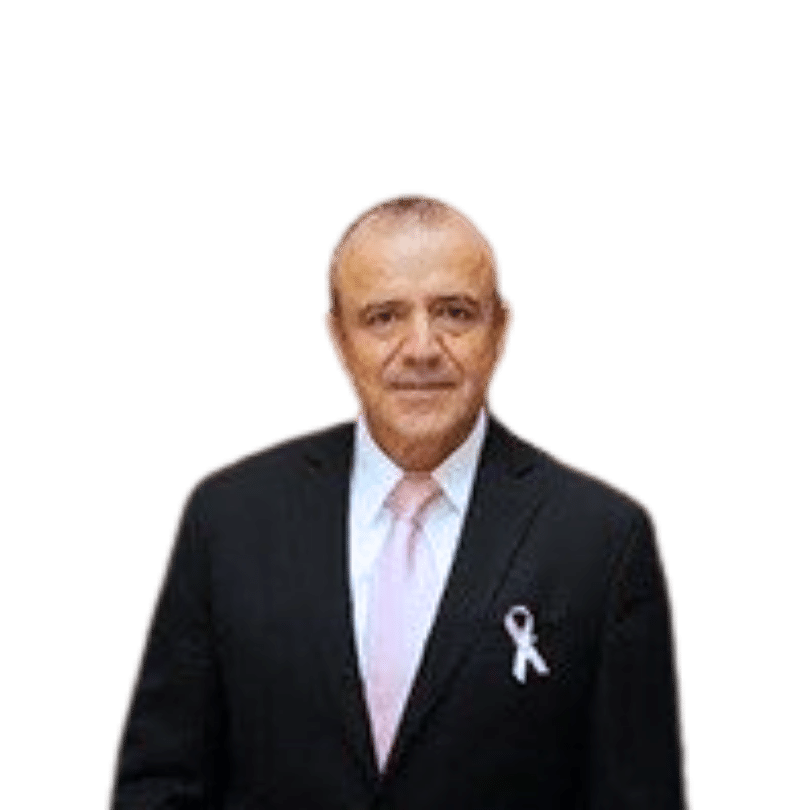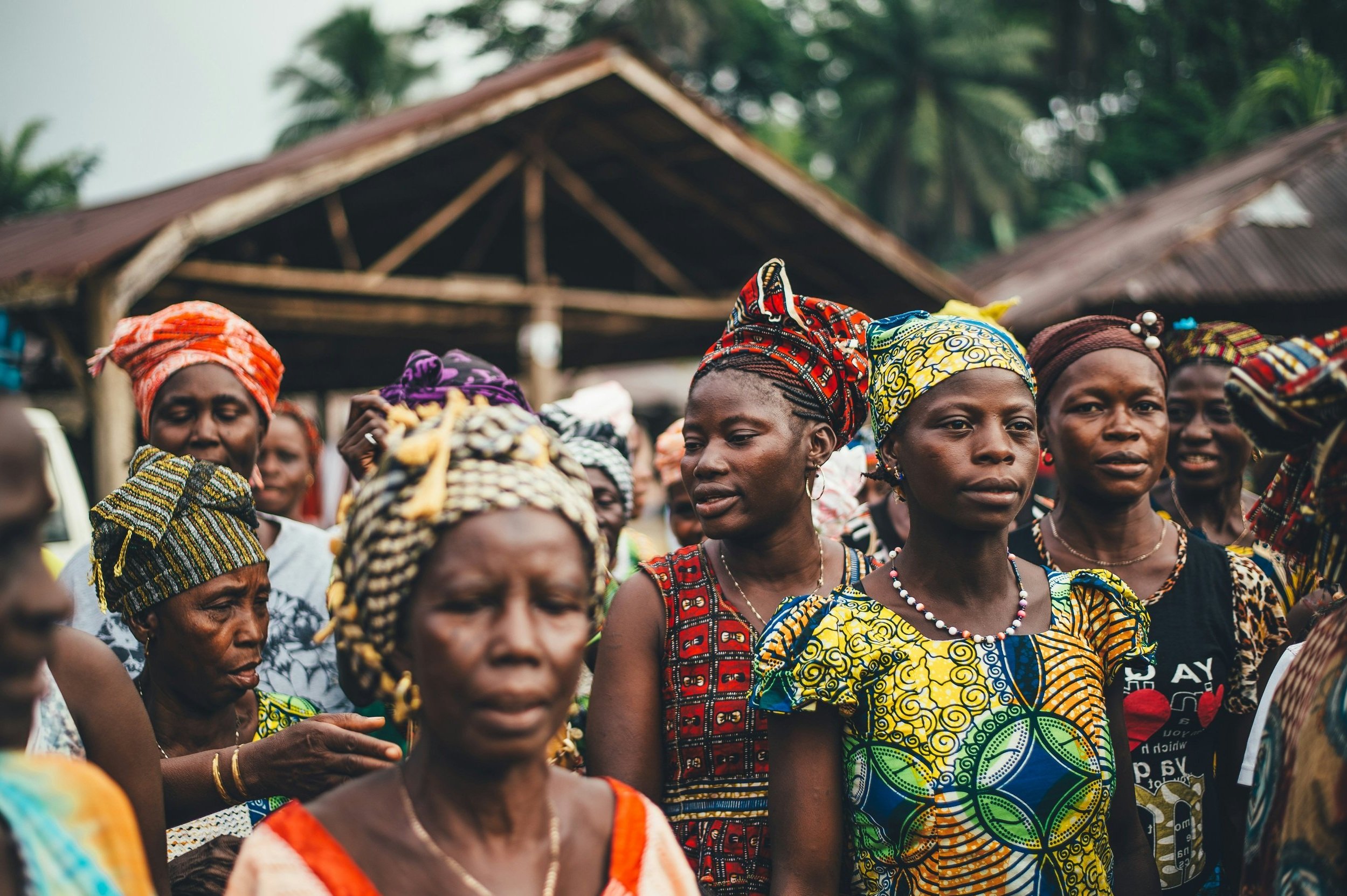
Value-based healthcare programme
Creating value for patients in Türkiye and Rwanda
The Value-based Healthcare (VBHC) programme aims to improve patient outcomes through the implementation of VBHC interventions in breast cancer surgical care.
VBHC is about making the best use of available resources to achieve better outcomes and experiences for each unique patient. VBHC aims to shift the incentive for providers away from delivering more treatments, to delivering better treatments.
Our mission
Our projects in Rwanda and Türkiye focus on addressing diagnostic and treatment delays for breast cancer and barriers to access for patients. Our mission is to address these and other barriers to high-value care through the implementation of VBHC approaches, aligned with WHO’s Global Breast Cancer Initiative Implementation Framework.
VBHC links healthcare payments to quality of outcomes, focused on what matters to the patient
1 in 8 women will be diagnosed with Breast Cancer in her lifetime
3.8 million surgical operations are needed to treat Breast Cancer globally by 2030
44
Health centres engaged in Rwanda and Türkiye
Our impact
1,415
Breast cancer patients and women reached
169
Healthcare workers reached
Our approach
We carefully build local capacity and leadership in our target countries.
1. Country-preparedness
We engaged stakeholders to understand and align priorities and raised awareness on VBHC more broadly. We developed partnerships through roundtable discussions and established technical expert working groups in country, to co-create and design contextualised programming with local ownership.
2. Needs assessment
In the current phase, we’ve launched needs assessments in Rwanda and Türkiye to better understand patient and provider perspectives and identify gaps and barriers for accessing surgical care for breast cancer.
3. Pilot
Building upon the findings of the needs assessments, the project team will support the development of contextualised quality improvement interventions to address gaps and barriers identified, integrating VBHC principles.
4. Policy and scale up
Following the pilot, insights gained, and lessons learned will be compiled for dissemination, and the technical expert working groups will develop policy recommendations for adaptation and scale up.
We created a UN-based platform to increase knowledge about VBHC, highlight current initiatives, and share ways to get involved.
Explore the Value-Based Healthcare Hub, created with UNITAR and supported by Takeda, at www.valuebasedhealthcare-un.org.
Working alongside the dedicated GSF-UNITAR team is a collaborative journey driven by our shared commitment to improving healthcare outcomes.
We are confident that the insights from our project into why women often miss out on vital mammography screenings, even when they are available and free of charge, will lead to systematic changes that will encourage more women to get life-saving mammography screenings and reduce the burden of breast cancer in Türkiye.
— Prof Dr Ayşe Nilüfer Özaydın, Marmara University, Project Lead
About the project
The VBHC programme was established as a collaborative initiative by the United Nations Institute for Training and Research (UNITAR), in partnership with the GSF, and Takeda.
Breast cancer is the leading cause of non-communicable deaths in women and is the most commonly occurring cancer worldwide. Breast cancer care almost always requires surgical intervention. The value-based healthcare (VBHC) approach can strengthen surgical care systems, and furthermore, health systems globally, to make care for patients more accessible and of high-value. We are working in Türkiye and Rwanda to implement VBHC for breast cancer patients.
In-country needs assessments
Currently, multi-pronged needs assessments are being implemented in Rwanda and Türkiye to better understand both patient and provider perspectives.
Rwanda
Clinical and surgical breast cancer outcomes at Butaro District Hospital.
This project aims to determine the clinical and surgical outcomes of breast cancer patients treated at Butaro District Hospital via a retrospective chart review.
Gaps in general surgeon training, knowledge, and management of breast cancer in Rwanda
This project aims to evaluate the overall knowledge base of general surgeons in Rwanda, and identify potential gaps in training, knowledge, and management of breast cancer in Rwanda via a targeted cross-sectional survey.
Qualitative assessment of breast cancer diagnosis and treatment stigma
This project aims to understand the stigma behind breast cancer diagnosis and surgical management of patients at Butaro Cancer Centre of Excellence.
Türkiye
Perception, beliefs, and behaviours affecting early diagnosis of breast cancer in Türkiye
This project aims to understand the barriers associated with delays in early screening and detection of breast cancer.
The etiological causes of diagnostic and treatment delays in locally advanced breast cancer – a nationwide survey trial
This project aims to determines the key factors associated with delayed diagnosis and treatment, and the effects of such delays on patient-reported outcomes.
News and updates
Latest updates from the Value-based Healthcare programme.
Our project partners
We work with our local and international partners to deliver this locally led, locally driven project.
Thanks to the GSF-UNITAR team for their significant support to this project that aims to identify the reasons for delays across Türkiye, determine regional challenges to overcome, and specify the actions required for early diagnosis and treatment of breast cancer.
The data acquired from this project, that is created with the collaboration of Zonguldak Bulent Ecevit University’s School of Medicine and the GSF-UNITAR team, has the potential to enhance the equality of breast cancer care in Türkiye.
— Prof. Dr. Güldeniz Karadeniz Çakmak of Zonguldak Bulent Ecevit University, Project Lead
Our project team
Dr. Guldeniz
Karadeniz
Zonguldak Bulent Ecevit University
Dr. Vahit
Ozmen
Turkish Cancer Institute
Prof. Dr. Ayse
Nilufer Ozaydin
Marmara University
Rwanda
Dr. Alex
Fehr
IMB
Dr. Jean Paul
Majyambere
Butaro/IMB
Dr. Anteneh
Gadisa Belachew
UGHE
Dr. Phil
Hsu
UGHE
Project management
Mrs. Nefti
Bempong-Ahun
GSF
Ms. Yuval
Cohen
GSF
Türkiye
Resources
Videos
Watch videos from our value-based healthcare programme.
Guides
Read through our short guides on integrating value-based healthcare into cancer treatment and women's health.
